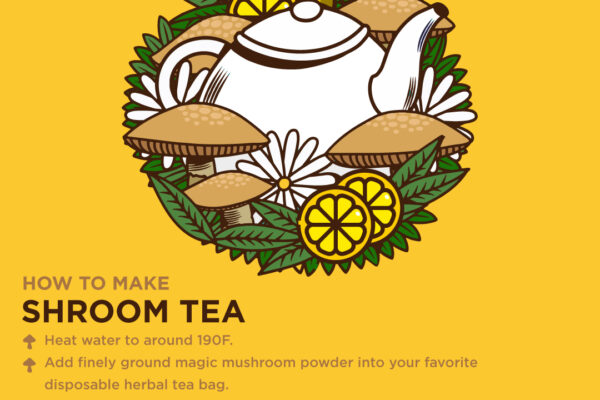Blog
How to Develop and Export Organic Coffee in the EU
Coffee is one of the world’s favorite beverages and one of the world’s most valuable agricultural exports, making organic coffee one of its fastest-growing markets in recent years. Rising demand for sustainable and ethically produced products has necessitated expansion in this field; however, to create and export organic coffee successfully in Europe there remain several obstacles that must be surmounted first.
While organic farming can be lucrative for some farmers, others find themselves struggling. This is particularly true of those selling to Fair Trade markets – which typically pay twice what conventional markets pay – based on research by the International Institute of Tropical Agriculture. According to that same study, these producers were more likely than others to experience food shortages and higher rates of international migration.
Organic certification can have financial constraints of its own, inducing fees to certifiers and changing any practices required for certification. Therefore, small coffee exporters should carefully consider both benefits and costs before making their decision to pursue organic certification.
Organizations offering transition support include the Brazilian Organic Coffee association and state government of Minas Gerais. Their programs provide various services for coffee growers, including technical assistance, education and best-practice training aimed at increasing consumer awareness about organic farming. Furthermore, these efforts allow buyers to connect directly with producers while understanding the repercussions of their purchasing decisions.
As part of its certification process, organic certification requires farmers to follow stringent soil and water management protocols as well as forgoing fertilizers and pesticides altogether. Furthermore, farmers must be able to demonstrate they have been adhering to these practices for at least three years as well as maintaining records of harvests and production activities. While organic certification does not guarantee quality or price for consumers with specific interests in coffee beans, it can still serve as an invaluable means of marketing them effectively.
Organic certification not only increases marketing potential but can also add significant value to a coffee’s final product, especially for specialty segments where quality and sustainability are often key buying criteria. Furthermore, this certification can demonstrate to buyers that they support producers whose practices align with their own.
To compete in the European organic coffee market, producers must gain an in-depth knowledge of both consumer preferences and sustainable practices, and differentiate their product offerings from that of their competitors by emphasizing product characteristics or certifications that distinguish their organic or sustainable certifications from other coffee exporters. Examples of successful exporters who have done this include Ibrahim Hussien (Ethiopia), Maya Vinic (Mexico), Cenfrocafe Peru and Mayorga Organics Honduras – each has created a clear strategy for communicating their sustainable values to help customers make informed choices when selecting their coffee suppliers.



